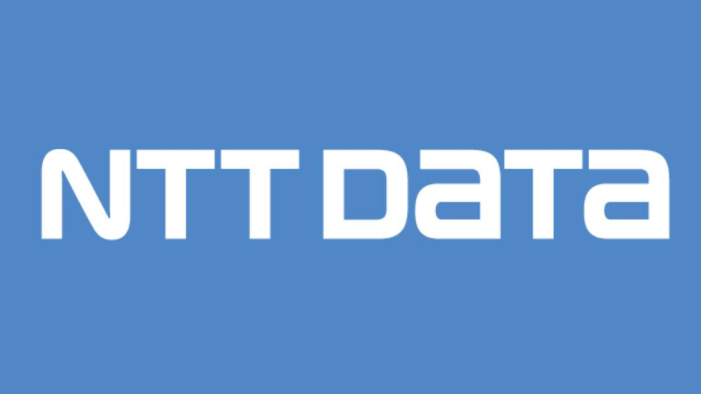NTT DATA Research Highlights Challenges and Opportunities in Healthcare GenAI Adoption
Mumbai: A recent study by NTT DATA reveals that healthcare organizations face significant challenges in aligning their Generative AI (GenAI) strategies with business objectives. Despite 80% of healthcare leaders having a well-defined GenAI strategy, only 40% report strong alignment with their overall business strategy. Moreover, just 54% of respondents consider their GenAI capabilities high-performing.
GenAI is transforming healthcare through enhanced quality of patient and provider experiences, as well as better financial outcomes. According to the study, 94% of respondents believe GenAI accelerates research and development, enabling faster access to new treatments, improved diagnostics, predictive analytics, and task automation. Furthermore, 95% of respondents prefer cloud-based solutions for their GenAI technology needs due to their practicality and cost-effectiveness.
However, healthcare organizations face several challenges in implementing GenAI. A significant 75% of respondents acknowledge a lack of necessary skills to work effectively with GenAI, while 93% are addressing GenAI’s impact on employee roles and responsibilities. Moreover, 91% of healthcare executives fear privacy violations and potential misuse of Protected Health Information (PHI), and only 42% strongly agree their existing cybersecurity controls effectively protect current GenAI applications.
To achieve GenAI’s full potential in healthcare, organizations must align the technology with their business strategies, develop comprehensive workforce training, and implement multilayered governance strategies that prioritize people and keep humans in the loop. Sundar Srinivasan, Head of Healthcare at NTT DATA North America, emphasizes the importance of transparently showing how the technology benefits patients by complementing human workers. “Success hinges on high data quality and establishing collaborative decision-making teams,” he said.
Despite the challenges, 59% of respondents plan significant GenAI investments over the next two years, and 87% agree the existing benefits and long-term potential of GenAI outweigh security and legal risks. As healthcare organizations continue to navigate the complexities of GenAI adoption, it is essential to prioritize strategic alignment, governance, and workforce training to unlock the full potential of this technology.




